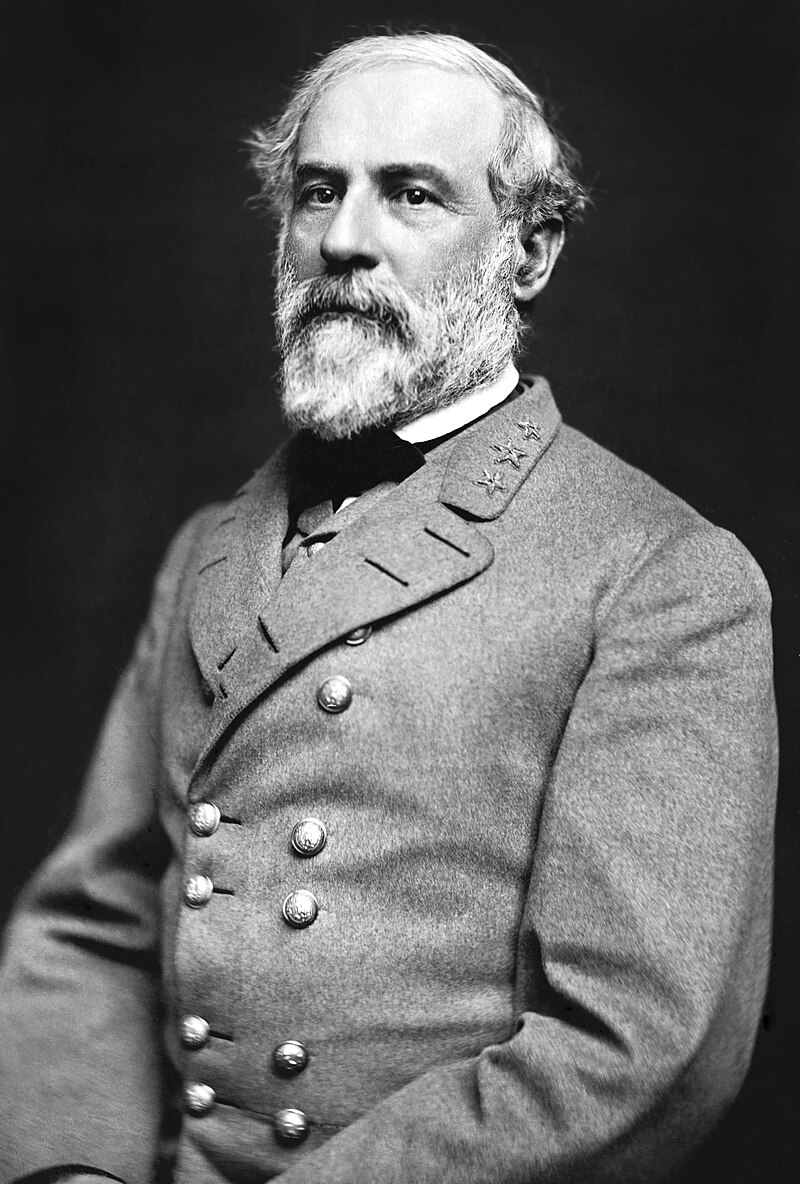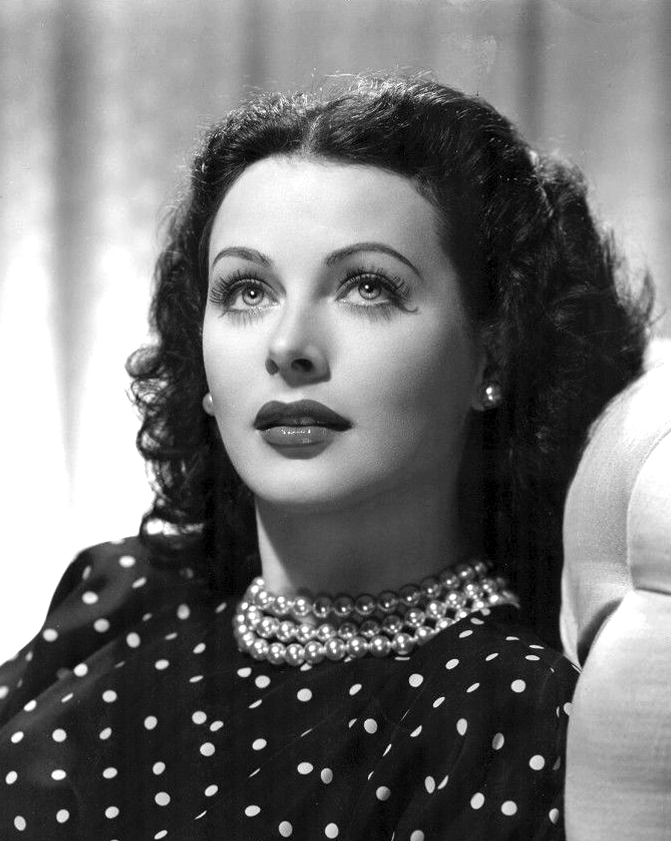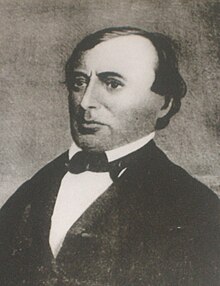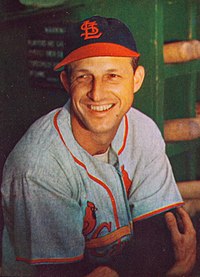January 19 is the 19th day of the year in the Gregorian calendar. There are 346 days remaining until the end of the year (347 in leap years).
Holidays
- Birthday of Edgar Allan Poe (commemorated by the Poe Toaster at his grave in Baltimore)
- Christian Feast Day:
- Confederate Heroes Day (Texas), and its related observance:
- Earliest day on which Husband’s Day or Bóndadagur can fall, while January 25 is the latest; celebrated on Friday between 19 and 25 January (Iceland)
- Feast of Sultán (Sovereignty), first day of the 17th month of the Bahá’í calendar (Bahá’í Faith)
- Theophany / Epiphany (Eastern and Oriental Orthodoxy), and its related observances:
- Timkat, or 20 during Leap Year (Ethiopian Orthodox)
- Vodici or Baptism of Jesus (Republic of Macedonia)
History
In 379, Emperor Gratian elevates Flavius Theodosius at Sirmium to Augustus, and gives him power over all the eastern provinces of the Roman Empire.
In 639, Clovis II, king of Neustria and Burgundy gets crowned.
In 649, Conquest of Kucha: The forces of Kucha surrender after a forty-day siege led by Tang Dynasty general Ashina She’er, establishing Tang control over the northern Tarim Basin in Xinjiang.
In 1419, Hundred Years’ War: Rouen surrenders to Henry V of England, completing his reconquest of Normandy.
In 1511, Mirandola surrenders to the French.
In 1520, Sten Sture the Younger, the Regent of Sweden, is mortally wounded at the Battle of Bogesund.
In 1607, San Agustin Church in Manila is officially completed; it is the oldest church still standing in the Philippines.
In 1661, Thomas Venner is hanged, drawn and quartered in London.
In 1764, John Wilkes is expelled from the British House of Commons for seditious libel.
In 1788, The second group of ships of the First Fleet arrive at Botany Bay.
In 1795, The Batavian Republic is proclaimed in the Netherlands bringing to an end the Republic of the Seven United Netherlands.
In 1806, The United Kingdom occupies the Cape of Good Hope.

In 1807, Robert E. Lee, American general and academic (d. 1870) was born this day. He was an American soldier known for commanding the Confederate Army of Northern Virginia in the American Civil War from 1862 until his surrender in 1865. The son of Revolutionary War officer Henry “Light Horse Harry” Lee III, Lee was a top graduate of the United States Military Academy and an exceptional officer and military engineer in the United States Army for 32 years. During this time, he served throughout the United States, distinguished himself during the Mexican–American War, served as Superintendent of the United States Military Academy, and married Mary Custis.
When Virginia declared its secession from the Union in April 1861, Lee chose to follow his home state, despite his personal desire for the country to remain intact and despite an offer of a senior Union command. During the first year of the Civil War, Lee served as a senior military adviser to President Jefferson Davis. Once he took command of the main field army in 1862 he soon emerged as a shrewd tactician and battlefield commander, winning most of his battles, all against far superior Union armies. Lee’s strategic foresight was more questionable, and both of his major offensives into Union territory ended in defeat. Lee’s aggressive tactics, which resulted in high casualties at a time when the Confederacy had a shortage of manpower, have come under criticism in recent years. Union General Ulysses S. Grant‘s campaigns (particularly the Vicksburg Campaign) crippled the Confederacy in 1864 and 1865, and Lee was unable to turn the war’s tide or stop Grant’s advance during the Overland Campaign and Richmond–Petersburg Campaign. After being thoroughly outmaneuvered, Lee surrendered his entire army to Grant at Appomattox Court House on April 9, 1865. By this time, Lee had assumed supreme command of the remaining Southern armies; other Confederate forces swiftly capitulated after his surrender. Lee rejected the proposal of a sustained insurgency against the Union and called for reconciliation between the two sides.
After the war, as President of what is now Washington and Lee University, Lee supported President Andrew Johnson‘s program of Reconstruction and intersectional friendship, while opposing the Radical Republican proposals to give freed slaves the vote and take the vote away from ex-Confederates. He urged them to rethink their position between the North and the South, and the reintegration of former Confederates into the nation’s political life. Lee became the great Southern hero of the War, a postwar icon of the “Lost Cause of the Confederacy” to some. But his popularity grew even in the North, especially after his death in 1870. Barracks at West Point built in 1962 are named after him.
In 1812, Peninsular War: After a ten-day siege, Arthur Wellesley, 1st Duke of Wellington, orders British soldiers of the Light and third divisions to storm Ciudad Rodrigo.
In 1817, An army of 5,423 soldiers, led by General José de San Martín, crosses the Andes from Argentina to liberate Chile and then Peru.
In 1829, Johann Wolfgang von Goethe‘s Faust Part 1 receives its premiere performance.
In 1839, The British East India Company captures Aden.
In 1840, Captain Charles Wilkes circumnavigates Antarctica, claiming what became known as Wilkes Land for the United States.
In 1847, Charles Bent, American politician, 1st Governor of New Mexico (b. 1799) died. He was appointed as the first civilian Governor of the newly acquired New Mexico Territory by military Governor Stephen Watts Kearny in September 1846. Bent had been working as a fur trader in the region since 1828, with his younger brother William and later partner Ceran St. Vrain. Though his office was in Santa Fe, Bent maintained his residence and a store in Taos. On January 19, 1847, he was scalped and killed by Pueblo attackers during the Taos Revolt.
In 1853, Giuseppe Verdi‘s opera Il Trovatore receives its premiere performance in Rome.

In 1854, Cotton was loaded on flat boats at Campbell’s shed onto the Forked Deer River.
In 1861, American Civil War: Georgia joins South Carolina, Florida, Mississippi, and Alabama in seceding from the United States.
In 1862, American Civil War: Battle of Mill Springs – The Confederacy suffers its first significant defeat in the conflict.
In 1869, Carl Reichenbach, German chemist and philosopher (b. 1788) died. He was a notable chemist, geologist, metallurgist, naturalist, industrialist and philosopher, and a member of the prestigious Prussian Academy of Sciences. He is best known for his discoveries of several chemical products of economic importance, extracted from tar, such as eupione, waxy paraffin, pittacal (the first synthetic dye) and phenol (an antiseptic). He also dedicated himself in his last years to research an unproved field of energy combining electricity, magnetism and heat, emanating from all living things, which he called the Odic force.
In 1871, Franco-Prussian War: In the Siege of Paris, Prussia wins the Battle of St. Quentin. Meanwhile, the French attempt to break the siege in the Battle of Buzenval will end unsuccessfully the following day.
In 1883, The first electric lighting system employing overhead wires, built by Thomas Edison, begins service at Roselle, New Jersey.
In 1893, Henrik Ibsen‘s play The Master Builder receives its premiere performance in Berlin.
In 1899, Anglo-Egyptian Sudan is formed.
In 1915, Georges Claude patents the neon discharge tube for use in advertising.
In 1915, World War I: German zeppelins bomb the towns of Great Yarmouth and King’s Lynn in the United Kingdom killing more than 20, in the first major aerial bombardment of a civilian target.
In 1917, Silvertown explosion: 73 are killed and 400 injured in an explosion in a munitions plant in London.
In 1919, Frances Brien Neudecker was born this day outside Benton, Kentucky to her parents Orion and Reba Brien.
In 1920, The United States Senate votes against joining the League of Nations.
In 1925, Maria Sophie of Bavaria (b. 1841) died. She was the last Queen consort of the Kingdom of the Two Sicilies. She was one of the ten children of Maximilian Joseph, Duke in Bavaria and Princess Ludovika of Bavaria. She was born as Duchess Maria Sophia in Bavaria. She was the younger sister of the better-known Elisabeth of Bavaria (“Sisi”) who married Emperor Franz Joseph I of Austria. With the fall of Gaeta and the Kingdom of the Two Sicilies, Maria Sophia and her husband went into exile in Rome, the capital of what for 1,000 years had been the sizeable Papal States, a large piece of central Italy but which, by 1860, had been reduced to the city of Rome, itself, as the armies of Victor Emanuel II came down from the north to join up with Garibaldi, the conqueror of the south. King Francis set up a government in exile in Rome that enjoyed diplomatic recognition by most European states for a few years as still the legitimate government of the Kingdom of the Two Sicilies. Her wealth and privilege were, to a certain extent, overshadowed by personal tragedies. Her marriage was not consummated for many years, as her husband suffered from phimosis. His shyness and religious fanaticism also prevented the couple from developing any kind of physical intimacy with each other. While in exile in Rome, Maria fell in love with an officer of the papal guard, Armand de Lawayss, and became pregnant by him. She retreated to her parents’ home at Possenhofen, where a family council decided that she must give birth in secret to prevent scandal. On 24 November 1862, Maria Sophie gave birth to a daughter in St. Ursula’s Convent in Augsburg. The child was immediately given to Lawayss’ family. Maria Sophia was made to promise that she would never see her again, which deeply affected her. Maria Sophie suffered from depression in later life, which is believed to have been rooted in this event.
In 1935, Coopers Inc. sells the world’s first briefs.
In 1937, Howard Hughes sets a new air record by flying from Los Angeles, California to New York City in 7 hours, 28 minutes, 25 seconds.
In 1942, World War II: Japanese forces invade Burma
In 1945, World War II: Soviet forces liberate the Łódź ghetto. Of more than 200,000 inhabitants in 1940, less than 900 had survived the Nazi occupation.
In 1946, General Douglas MacArthur establishes the International Military Tribunal for the Far East in Tokyo to try Japanese war criminals.
In 1949, Cuba recognizes Israel.
In 1953, 71.7% of all television sets in the United States are tuned into I Love Lucy to watch Lucy give birth.
In 1960, Japan and the United States sign the US-Japan Mutual Security Treaty
In 1969, Student Jan Palach dies after setting himself on fire 3 days earlier in Prague‘s Wenceslas Square to protest about the invasion of Czechoslovakia by the Soviet Union in 1968. His funeral turned into another major protest.
In 1974, China gain control over all the Paracel Islands after a military engagement between the naval forces of the People’s Republic of China and Republic of Vietnam (South Vietnam)
In 1975, An earthquake strikes Himachal Pradesh, India
In 1977, President Gerald Ford pardons Iva Toguri D’Aquino (a.k.a. “Tokyo Rose“).
In 1977, Snow falls in Miami, Florida. This is the only time in the history of the city that snow has fallen. It also fell in the Bahamas.
In 1978, The last Volkswagen Beetle made in Germany leaves VW’s plant in Emden. Beetle production in Latin America continues until 2003.
In 1981, Iran Hostage Crisis: United States and Iranian officials sign an agreement to release 52 American hostages after 14 months of captivity.
In 1983, Nazi war criminal Klaus Barbie is arrested in Bolivia.
In 1983, Ham the Chimp, Cameroonian-American chimpanzee (b. 1956) died. Ham also known as Ham the Chimp and Ham the Astrochimp, was a chimpanzee who was the first Hominidae launched into outer space, on 31 January 1961. The launch was part of the American space program. Ham’s name is an acronym for the lab that prepared him for his historic mission — the Holloman Aerospace Medical Center, located at Holloman Air Force Base in New Mexico.
In 1983, The Apple Lisa, the first commercial personal computer from Apple Inc. to have a graphical user interface and a computer mouse, is announced.
In 1986, The first IBM PC computer virus is released into the wild. A boot sector virus dubbed (c)Brain, it was created by the Farooq Alvi Brothers in Lahore, Pakistan, reportedly to deter piracy of the software they had written.
In 1991, Gulf War: Iraq fires a second Scud missile into Israel, causing 15 injuries.
In 1993, Czech Republic and Slovakia join the United Nations.
In 1995, After being struck by lightning the crew are forced to ditch Bristow Flight 56C. All 18 aboard are later rescued.
In 1996, The barge North Cape oil spill occurs as an engine fire forces the tugboat Scandia ashore on Moonstone Beach in South Kingstown, Rhode Island.
In 1997, Yasser Arafat returns to Hebron after more than 30 years and joins celebrations over the handover of the last Israeli-controlled West Bank city.

In 1998, Carl Perkins, American singer-songwriter and guitarist (b. 1932) dies at the age of 65. He was an American rockabilly musician who recorded most notably at Sun Records Studio in Memphis, Tennessee, beginning in 1954. His best-known song is “Blue Suede Shoes“.
According to Charlie Daniels, “Carl Perkins’ songs personified the rockabilly era, and Carl Perkins’ sound personifies the rockabilly sound more so than anybody involved in it, because he never changed.” Perkins’ songs were recorded by artists (and friends) as influential as Elvis Presley, the Beatles, Jimi Hendrix, and Johnny Cash, which further cemented his place in the history of popular music. Paul McCartney even claimed that “if there were no Carl Perkins, there would be no Beatles.”
Called “the King of Rockabilly”, he was inducted into the Rock and Roll, the Rockabilly, and the Nashville Songwriters Halls of Fame; and was a Grammy Hall of Fame Award recipient.
A strong advocate for the prevention of child abuse, Carl Perkins worked with the Jackson Exchange Club to establish the first center for the prevention of child abuse in Tennessee and the fourth in the nation. Proceeds from a concert planned by Perkins were combined with a grant from the National Exchange Club to establish the Prevention of Child Abuse in October 1981. For years its annual Circle of Hope Telethon generated one quarter of the center’s annual operating budget.
In 1999, British Aerospace agrees to acquire the defence subsidiary of the General Electric Company plc, forming BAE Systems in November 1999.

In 2000, Hedy Lamarr, Austrian-American actress and mathematician (b. 1913) died in Casselberry, Florida on 19 January 2000, aged 85. Her death certificate cites three causes: heart failure, chronic valvular heart disease, and arteriosclerotic heart disease. Her death coincided with her daughter Denise’s 55th birthday. Her son Anthony Loder took her ashes to Austria and spread them in the Vienna Woods, in accordance with her last wishes. She was an Austrian and American film actress and inventor. After an early and brief film career in Germany, which included a controversial love-making scene in the film Ecstasy (1933), she fled her husband and secretly moved to Paris. While there, she met MGM head Louis B. Mayer, who offered her a movie contract in Hollywood where she became a film star from the late 1930s to the 1950s. Mayer and the studio cast her in glamorous parts alongside popular leading men, and promoted her as the “world’s most beautiful woman.”
During her film career, Lamarr co-invented the technology for spread spectrum and frequency hopping communications. This new technology became important to America’s military during World War II because it was used in controlling torpedoes. Those inventions have more recently been incorporated into Wi-Fi, CDMA and Bluetooth technology, and led to her being inducted into the National Inventors Hall of Fame in 2014.
Lamarr appeared in numerous popular feature films, including Algiers (1938) with Charles Boyer, I Take This Woman (1940) with Spencer Tracy, Comrade X (1940) with Clark Gable, Come Live With Me (1941) with James Stewart, H.M. Pulham, Esq. (1941) with Robert Young, and Samson and Delilah (1949) with Victor Mature.
In 2006, The New Horizons probe is launched by NASA on the first mission to Pluto.
In 2007, Turkish Journalist Hrant Dink is assassinated in front of his newspaper’s office by 17-year-old Turkish ultra-nationalist Ogün Samast.
In 2012, The Hong Kong-based file-sharing website Megaupload is shut down by the FBI.
In 2013, Stan Musial, American baseball player and manager (b. 1920) dies. He was an American professional baseball player and Navy veteran of World War II. He was a Major League Baseball (MLB) outfielder and first baseman on the St. Louis Cardinals for 22 seasons, from 1941 through 1963. Nicknamed “Stan the Man”, Musial is widely considered to be one of the greatest hitters in baseball history. He compiled 3,630 career hits, ranking fourth all-time and first in a career spent with only one team. With 1,815 hits at home and 1,815 on the road, he also is considered to be the most consistent hitter of his era. He hit 475 home runs during his career, was named the National League‘s (NL) Most Valuable Player (MVP) three times, and won three World Series championship titles. He shares the MLB record for the most All-Star Games played (24) with Hank Aaron and Willie Mays. Musial was a first-ballot inductee into the Baseball Hall of Fame in 1969. He was also selected to the St. Louis Cardinals Hall of Fame in the inaugural class of 2014.
In 2013, A failed attempt to assassinate Ahmed Dogan, chairman of the Bulgarian political party Movement for Rights and Freedoms, on live television is foiled by security guards.
In 2014, A bomb attack on an army convoy in the city of Bannu kills at least 26 soldiers and injures 38 others.

In 2016, The Just Want Privacy Campaign announced its formation and intention to run a ballot initiative that will roll back the Human Rights Commission’s open-bathroom rule. Joseph Backholm, chairman of the Campaign, explained that the public is very uncomfortable with the new rule.






